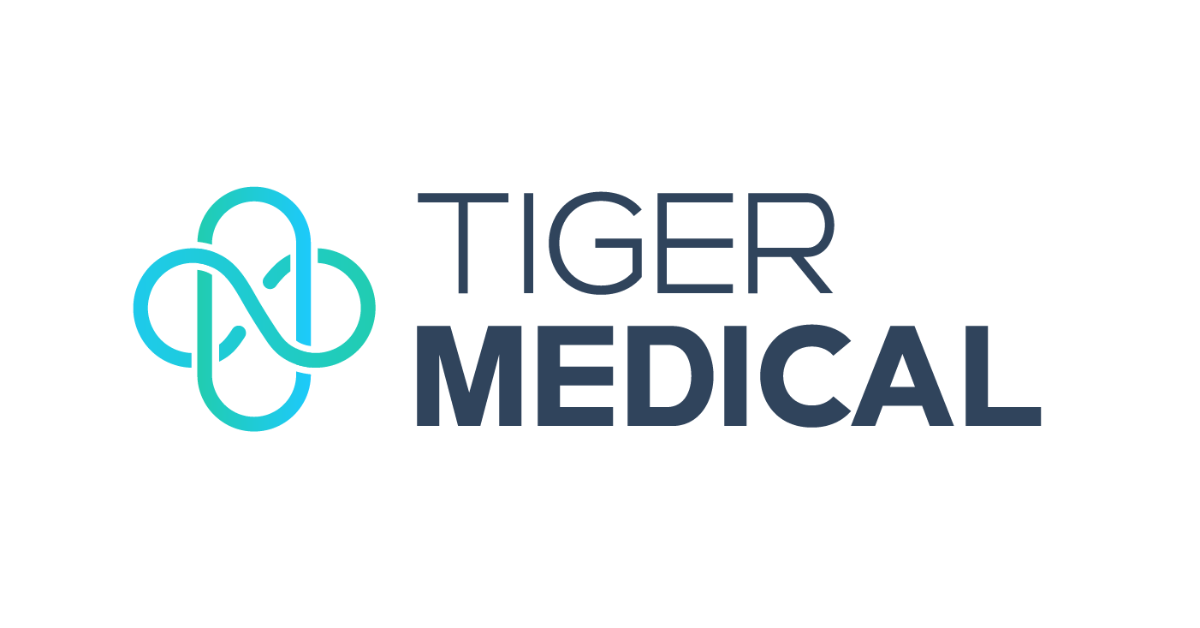- Joined
- Nov 28, 2009
- Messages
- 50
- Reaction score
- 11
I'm a newish EM attending, who recently started practicing in a new hospital that has much fewer resources than places I've previously worked. The call panel gets more and more bare bones everyday--no neurosurg, cardiothoracic, ENT, ophtho, OMFS, ortho, plastics, hand. On top of that, the population is heavily Spanish-speaking only, heavily uninsured/Medicaid only, and patients frequently have no PMD.
Wondering if anyone can share best practices on how they set up follow up care with specialists?
For example:
1) If you don't have ENT on your call panel, do you just Google an ENT in your area?
2) How do you ensure the ENT you Google takes uninsured/Medicaid patients?
3) If you do have ENT on your call panel, are they obligated to take uninsured/Medicaid patients?
4) If a patient does have a PMD, do you just refer to the PMD and tell the patient to ask for ENT referral? Is this medical-legally defensible?
5) If a patient has HMO, can emergency physicians even refer directly to specialists, or do they still need referral by their PMD? What if it's for urgent (<48-72 hour) follow up?
6) If a patient has no PMD, do you just write "please follow up with an Ear, Nose, Throat doctor," without specifying who, and relying on the patient to call around or call their insurance?
7) What if it's a peds case and the on call ENT doesn't take peds?
I feel like I'm getting stressed out about patients getting lost to follow up, having a bad outcome, and getting sued. Would greatly appreciate any thoughts.
Wondering if anyone can share best practices on how they set up follow up care with specialists?
For example:
1) If you don't have ENT on your call panel, do you just Google an ENT in your area?
2) How do you ensure the ENT you Google takes uninsured/Medicaid patients?
3) If you do have ENT on your call panel, are they obligated to take uninsured/Medicaid patients?
4) If a patient does have a PMD, do you just refer to the PMD and tell the patient to ask for ENT referral? Is this medical-legally defensible?
5) If a patient has HMO, can emergency physicians even refer directly to specialists, or do they still need referral by their PMD? What if it's for urgent (<48-72 hour) follow up?
6) If a patient has no PMD, do you just write "please follow up with an Ear, Nose, Throat doctor," without specifying who, and relying on the patient to call around or call their insurance?
7) What if it's a peds case and the on call ENT doesn't take peds?
I feel like I'm getting stressed out about patients getting lost to follow up, having a bad outcome, and getting sued. Would greatly appreciate any thoughts.

